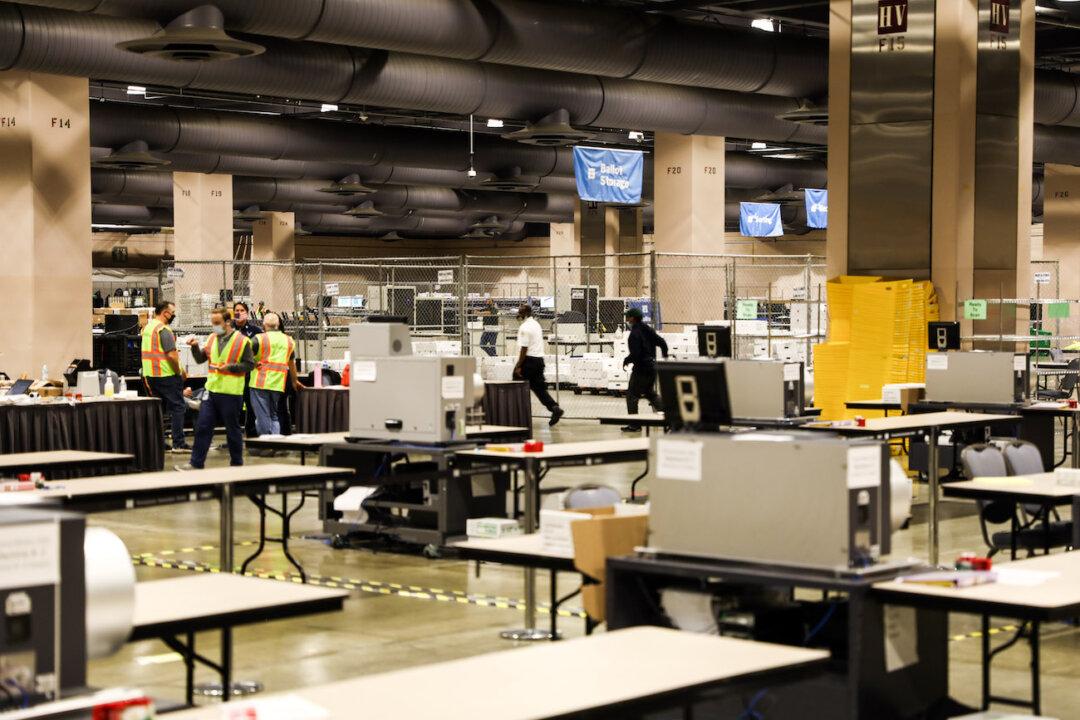A group of 11 Pennsylvania voters launched a lawsuit asking the Pennsylvania Commonwealth Court to direct Gov. Tom Wolf to withdraw the certification of the 2020 general election results.
The plaintiffs, among whom are nine Republican state representatives and one Republican state senator, also asked for the court to issue an emergency order to temporarily block the state’s 20 Democratic presidential electors, listed in the lawsuit as among the defendants, from casting votes for president in the Electoral College based upon the current election results.




